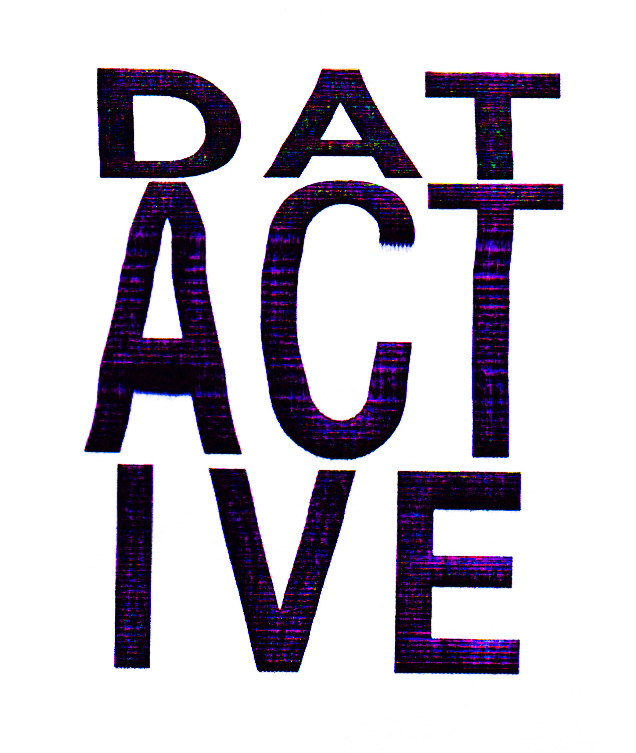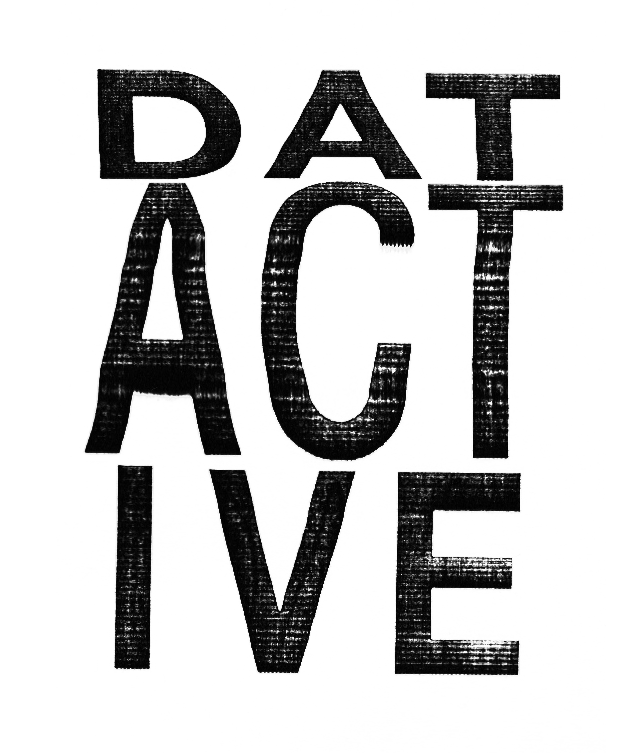The DATACTIVE team will host a session at AIOR2016 Big Data Meet Grassroots Activism, Berlin, 5-8 October, 2016
Stefania Milan, Lonneke van der Velden, Jonathan Gray, Becky Kazansky, Frederike Kaltheuner
How are data and information changing contemporary activism? How do individuals and collectives resist massive data collection? How do they take advantage of the increasing availability of data for advocacy and social change?
Citizens are increasingly aware of the critical role of information as the new fabric of social life. This awareness translates into new forms of civic engagement and sociotechnical practices that creatively combine complex information, software and platforms, and political activism. However, to date little has been said about the relation between the organized civil society, activism, and big data broadly defined. In particular, the dimension of collective action, the shaping role of technology and software environments, and the impact of big data on the civil society’s ecosystem remain largely unexplored.
This fishbowl session aims at stimulating an interdisciplinary debate on the interplay between big data broadly defined and grassroots activism. It intends to involve scholars of internet studies, science and technology studies, platform and software studies, as well as political sociology and activism. It evokes internet culture and practices, collective identities and organizational forms, activism and social justice, looking for their entanglement with software and code, platforms, and sociotechnical interfaces that facilitate grassroots’ engagement with data and information.
The five initial participants will contribute to set the agenda of the debate, by offering 5-minute presentations on the different aspects of the suggested theme, namely: data activism, open source intelligence and the use of devices to ‘watch the watchers’, open data for social change, activism and predictive analytics, anti-surveillance and privacy activism.
Expected outcomes include a) an interdisciplinary debate on the intersection of big data and grassroots activism structured around the fish’s ice-breaker presentations, and b) the creation of a network of interested individuals working on the interplay between big data and the civil society broadly defined.
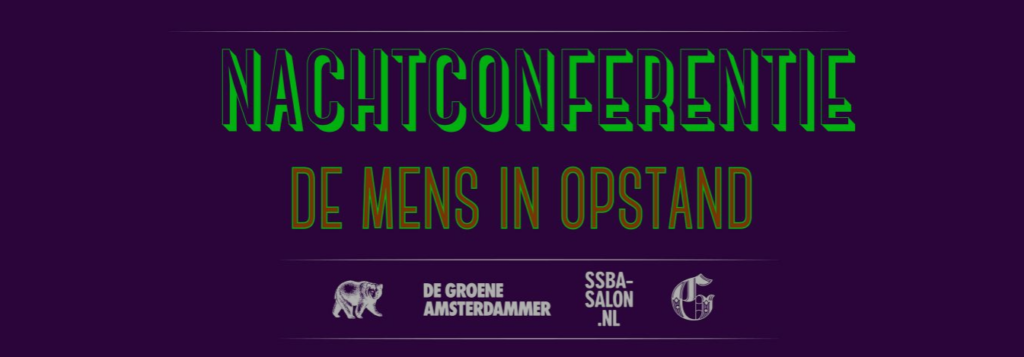


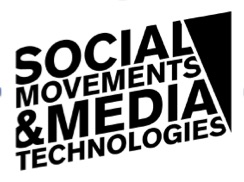

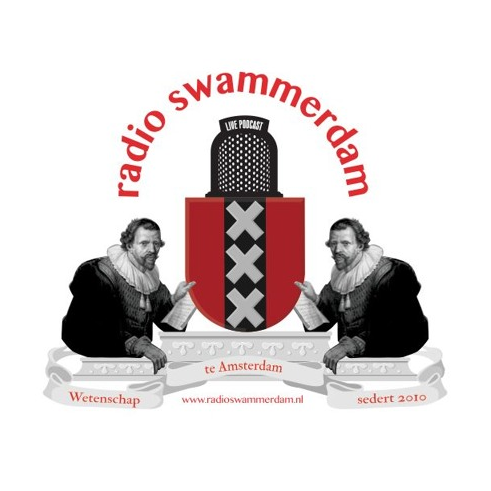
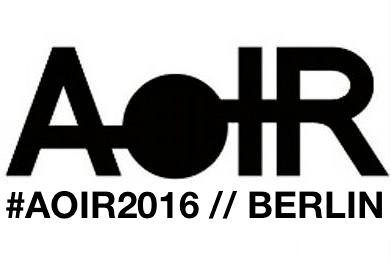

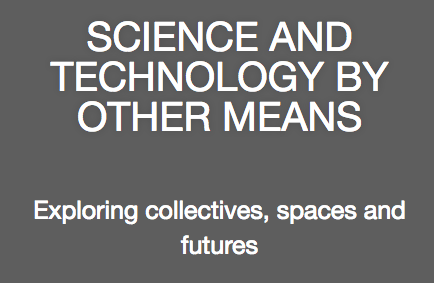

 Just in time for the Contentious Data kick-off workshop on September 15, we are happy to announce that DATACTIVE has a new logo! The design is by Federica Bardelli and Carlo De Gaetano, who explain the concept as follows:
Just in time for the Contentious Data kick-off workshop on September 15, we are happy to announce that DATACTIVE has a new logo! The design is by Federica Bardelli and Carlo De Gaetano, who explain the concept as follows: